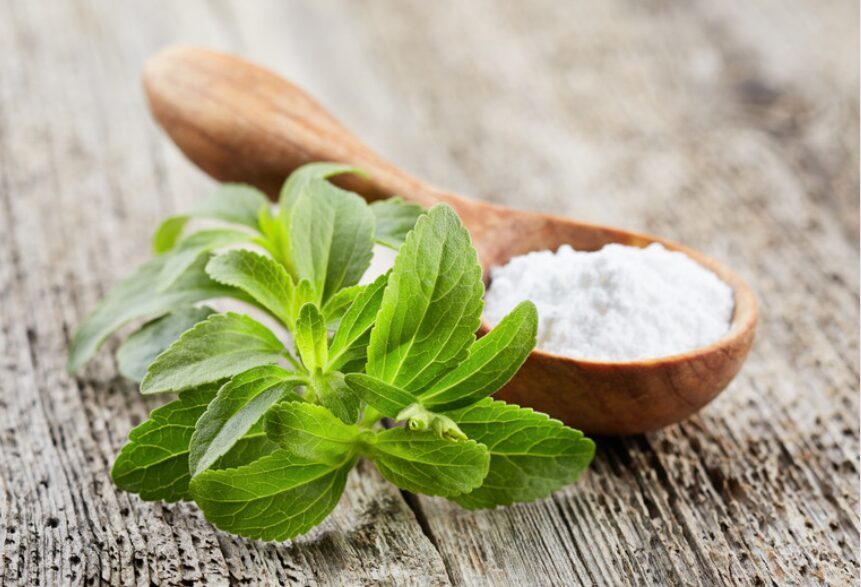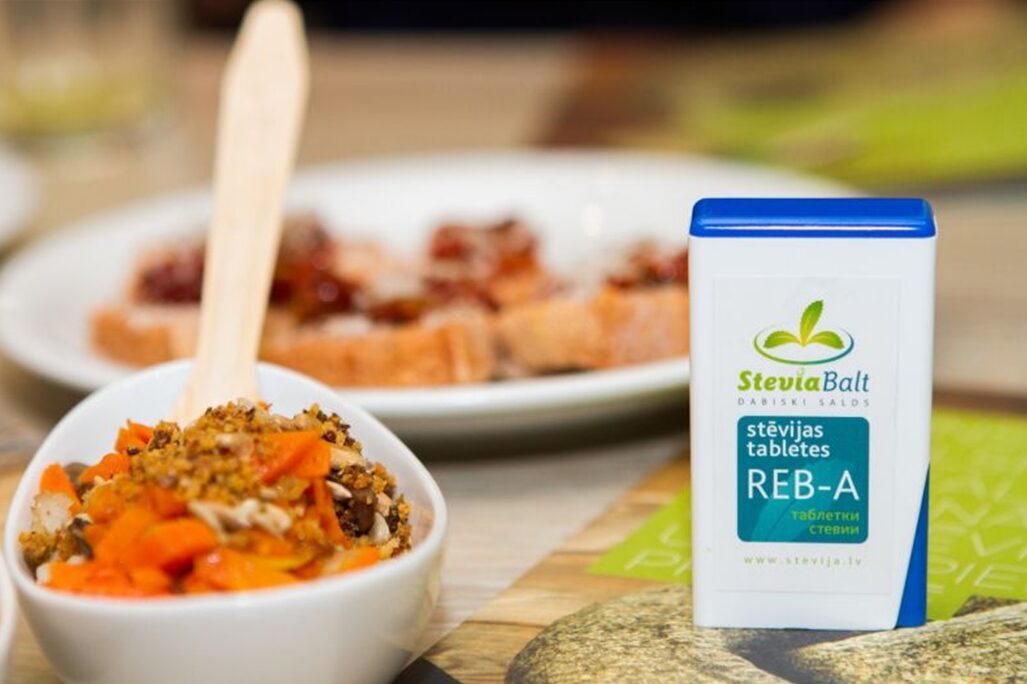
Stevia (Stevia rebaudiana Bertoni) has long been known to mankind. The ancient indigenous people of Paraguay, the Guarani Indians, have used stevia in cooking for centuries. In particular, stevia is popular in Japan, where it approximal for 40% of the sweetener market share, and is also in demand elsewhere in the world, especially among people with diabetes. In Europe, stevia is widely available in stores, online, and since December 2011 it has been officially approved as a food sweetener and is currently the only natural alternative to sugar.
Scientific research confirms:
- Stevia is about 300 times sweeter than sugar
- Contains no carbohydrates and has a zero glycemic index
- Contains no calories
- Does not change blood sugar levels
- Stevia is a 100% natural product that tastes like sugar

Tablets
Available in our usual packaging with a dispenser. One tablet corresponds to one spoon of sugar. Designed for sweetening hot drinks. Unlike stevia powder, tablets will always have a lower concentration, ranging from 20% to 26%, but are easier to dose.
Concentrate
It is intended for the preparation of cold and hot dishes, it does not have the characteristic taste of stevia leaves. The concentrate may be subjected to heat treatment, but care must be taken with the dosing of stevia concentrates. In high-quality stevia products, the concentration of stevia's sweet substances (stevioside and rebaudioside A) is at least 90%, which is about 1:300 in relation to sugar.
Syrup
Stevia is also available in the form of syrup, more or less concentrated. The syrup can be used to sweeten drinks and foods, dissolves well at low temperatures and is available in a variety of flavors.
Stevia leaves
Designed for sweetening tea and other drinks, preserving food, ensuring a long shelf life of products. When using the leaves for the first time, you should expect an unusual light taste characteristic of stevia leaves. Stevia leaves have a tonic effect, which is why the ancient Guarani Indians used stevia leaves to prepare the famous Mate tea.

